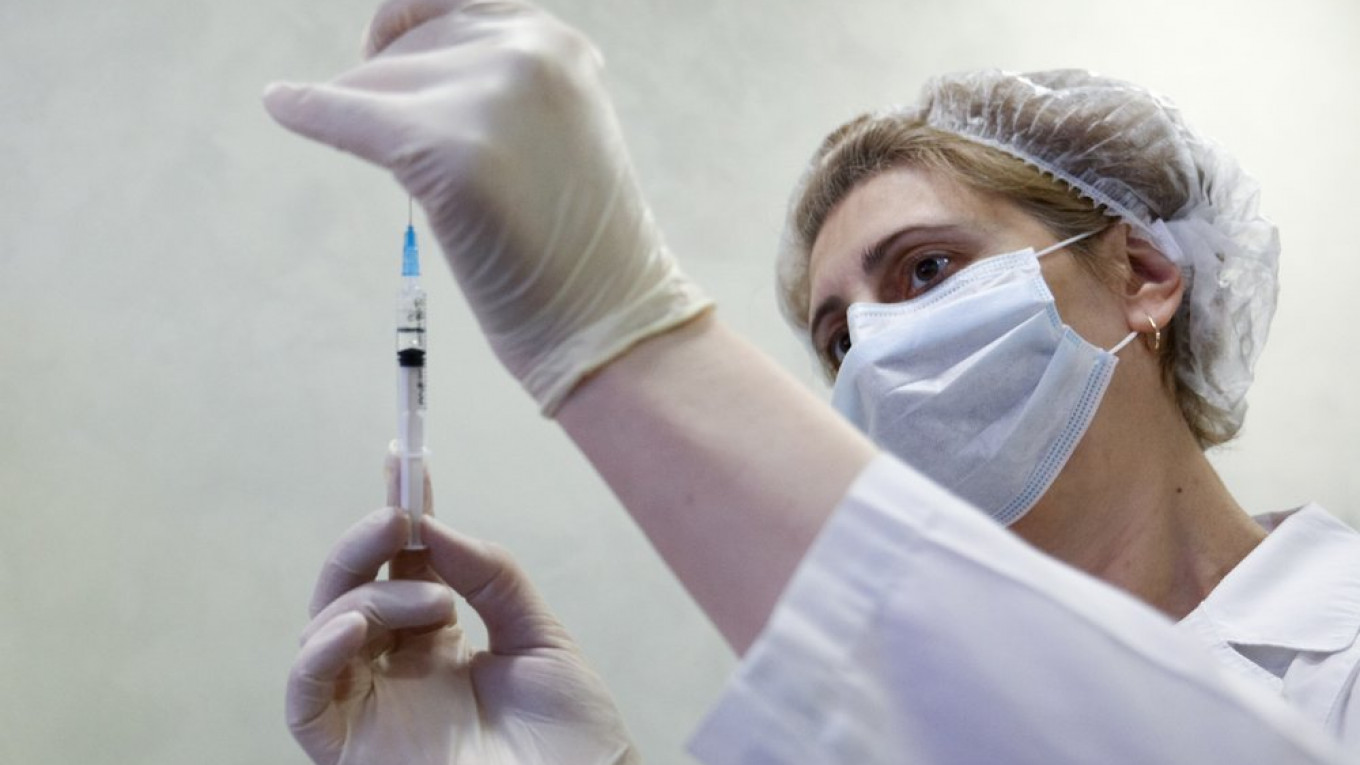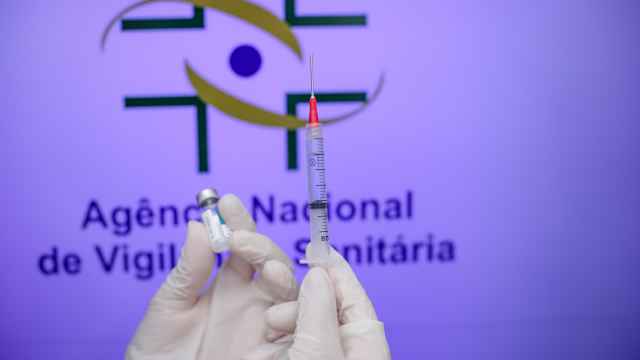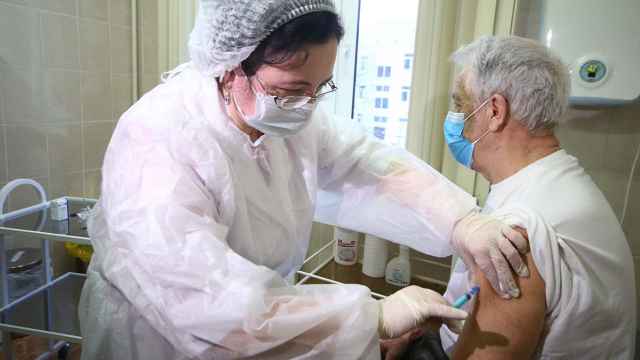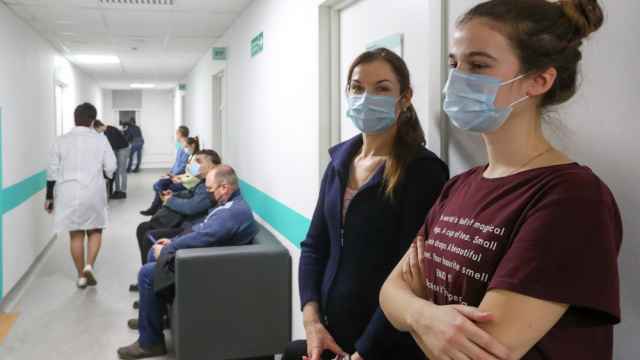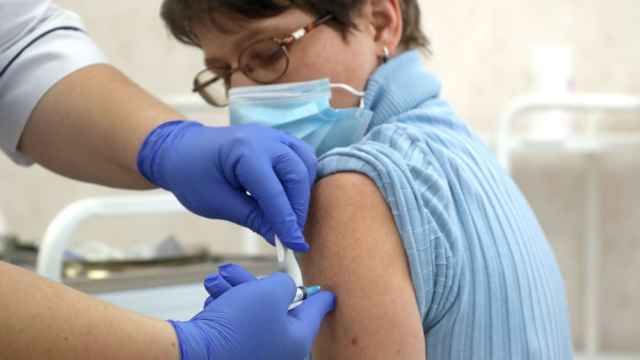Moscow said Tuesday that claims it was spearheading a disinformation campaign against U.S.-made coronavirus vaccines to boost its own homegrown jab were "absurd and groundless."
The comments come a day after Washington said Russian intelligence was behind four websites involved in a campaign to undermine U.S.-made vaccines, accusing Russia of putting lives at risk.
Russian President Vladimir Putin's spokesman Dmitry Peskov called the allegations "absurd and groundless."
"Russia has never taken part and is not going to take part in such information campaigns against other vaccines," Peskov told reporters.
On the contrary, he said, Russia was cooperating with foreign vaccine producers "to make a more effective product."
"We've always been against politicizing any issues related to the vaccine in any way," he said.
Peskov added that once jabs are tested and approved "they should be produced as much as possible to save the entire world from the coronavirus and save as many human lives as possible."
Putin has boasted that Russia has developed the world's best vaccines against the coronavirus, insisting last week they were better than the Pfizer and AstraZeneca jabs.
The Global Engagement Center — an arm of the State Department whose activities include monitoring foreign propaganda — made the claims of Russian disinformation on Monday.
The four online platforms spread "disinformation about two of the vaccines that have now been approved by the FDA in this country," U.S. State Department spokesman Ned Price told reporters, referring to the US Food and Drug Administration.
U.S. intelligence has long suspected Russia in disinformation campaigns on health, including spreading the myth in the 1980s that U.S. scientists created the HIV virus that causes AIDS.
A Message from The Moscow Times:
Dear readers,
We are facing unprecedented challenges. Russia's Prosecutor General's Office has designated The Moscow Times as an "undesirable" organization, criminalizing our work and putting our staff at risk of prosecution. This follows our earlier unjust labeling as a "foreign agent."
These actions are direct attempts to silence independent journalism in Russia. The authorities claim our work "discredits the decisions of the Russian leadership." We see things differently: we strive to provide accurate, unbiased reporting on Russia.
We, the journalists of The Moscow Times, refuse to be silenced. But to continue our work, we need your help.
Your support, no matter how small, makes a world of difference. If you can, please support us monthly starting from just $2. It's quick to set up, and every contribution makes a significant impact.
By supporting The Moscow Times, you're defending open, independent journalism in the face of repression. Thank you for standing with us.
Remind me later.


